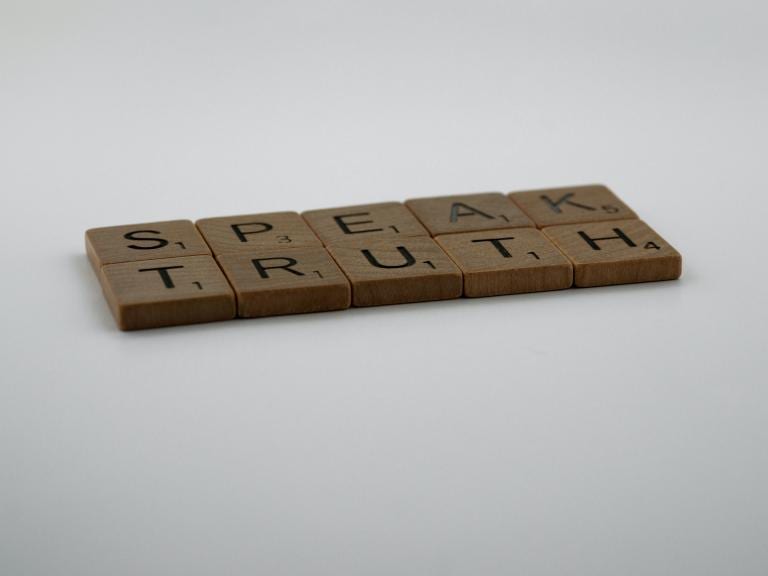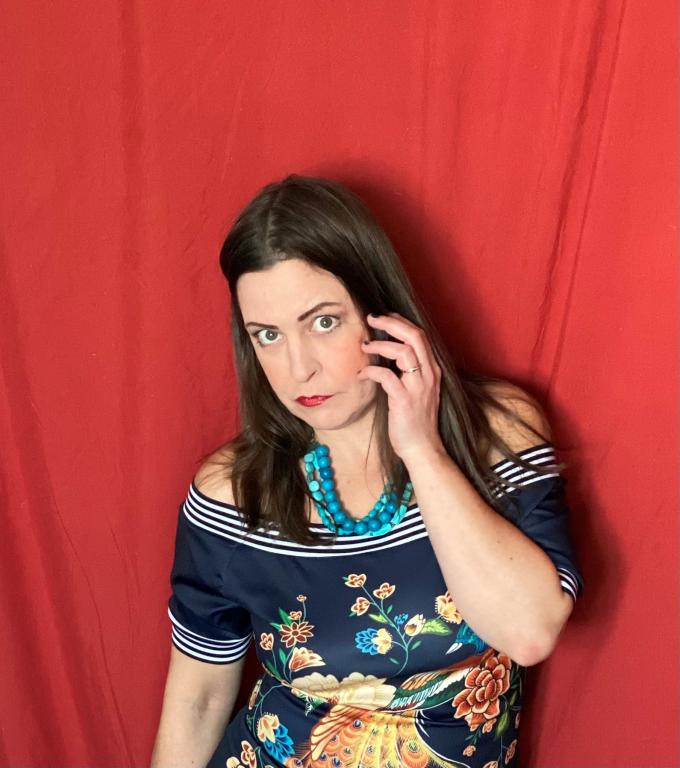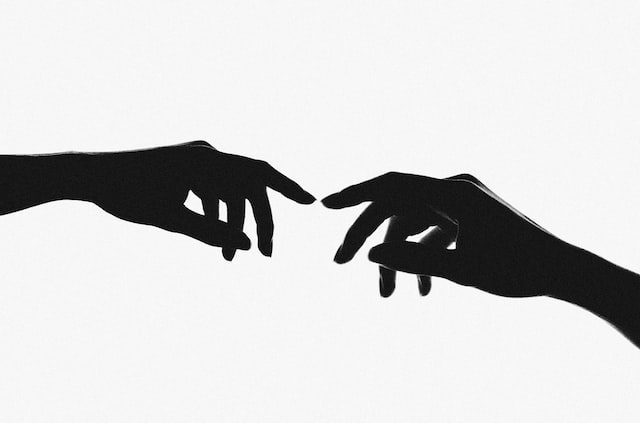
I have spent much time over the week reflecting deeply on the idea of truth. I have been reading from and listening to many great minds articulate truth in such a way that I have come to realize I don’t know much about truth at all. The bold and beautiful thing about this discovery is that when it comes down to it, none of us know much about truth. And that’s a good thing. It means that we have an opportunity to grow and transform our ideas.
I dabbled through some very thick intellectual essays aimed at distinguishing “truth” from fact, others aimed at separating ontological truth from scientific truth. Much ink has been spilled on this idea of truth, but nothing seems to be absolute.
French historian and philosopher Michel Foucault had much to say about truth. And the brilliant deduction of it all is that “truth is never the same.”
In the essay The Courage of Curiosity, or the Heart of Truth (A Mash-Up), Ed Cohen, while paying tribute to the late Eve Sedgwick, addresses the nature of curiosity that so many knew her for. In honoring her “gift of curiosity”, Cohen connects Sedgwick’s nature with Foucault’s philosophy.
Let it be known, prior to stumbling across this essay, I had known very little about Foucault and his philosophies. I had been warned in the past to avoid Foucault as he is often tied with Marxism or at least was attributed in such a way that my “friends” worried reading him would send me down a slippery slope.
Nonetheless, in the last few years of his life, Foucault focused on the Greek concept of parrhesia— truth-telling. Of parrhesia, Foucault says, “It is an attitude, a manner of being which concerns virtue, a manner of doing or making.” (Le Courage de la Verité, 15)
What’s rather intriguing to me about this attitude of truth-telling is that it makes truth seem dangerous to reveal. Foucault continues:
“Parrhesia implies a strong and constitutive tie between the one who speaks and what is said and moreover, by the effects of truth themselves, by the wounding effects of truth, the possibility of a rupture of the tie between the one who speaks and the one who is addressed…the parrhesiast would be the courageous speaker of a truth in which the speaker risks him-or herself and his or her relations with the other.” (Le Courage de la Verité, 15- emphasis mine)
So, the truth hurts!
The attitude of truth-telling, as far as I can tell, involves a bit of courage to wound the other (and perhaps, even the self in regard to collective acceptance). And while many of us agree with such a consequence, I think we are using it in a way that the wounding effects of this truth-telling create scars instead of leading to healing.
Foucault said that “Cynicism poses a very grave question: In order to truly be the life of truth, must life not be an other life, a life radically and paradoxically other?… The true life, isn’t it, and mustn’t it be an other life? ((Le Courage de la Verité, 226)
Later, he boldly insists that “there is no instauration of truth without an essential position of otherness; truth is never the same; it can only be truth in the form of the other world or the other life.” (Le Courage de la Verité, 311)
Truth-telling involves risk—the risk of the relation between the speaker and the listener, risk of the self, and all the reputation that follows.
Didn’t Jesus operate like that? I know in a recent blog, I suggested that Jesus is a model we need to update, but in this regard, I see Jesus doing much of what Foucault states that truth-tellers do. Jesus was willing to speak back to power even in the face of death. He was willing to risk the relationship between himself and the audience and being that he only had 12 followers as mentioned in the Gospels, he risked the possibility of a general, majority acceptance.
And then there’s that unanswered question that we have all tried to answer for ourselves and others for so long; the very question Pilate confronts Jesus with before he is sentenced: “What is truth?”
After I spent all weekend immersed in Foucault, I came to this epiphany about that very scene in the Gospel of John. What if Jesus knew what Foucault deduced? Pilate, representing the masses in the government circle, wouldn’t even think about truth in the way that Jesus or Foucault did. Perhaps he would see truth as so many do today, as a black and white statement of verifiable fact. Truth, to many, is simply a mathematical equation. What can be reproduced is therefore truth. What can be figured, factored, or accumulated and counted, there you will find the truth.
Jesus was a witness to truth. And in that very claim, it may have seemed as though he was at odds with facts and equations. How did Jesus witness truth? He did it individually, through the Other. I see Foucault preparing this very prescription for understanding truth through his final works. I might be cramming the two ideas together a bit too hard, but in my mind, there is resonance.
In recent years, and most readily in recent weeks, many of us have been clamoring on and on about “truth”, being “truth-seekers”, and “truth-telling importance.” But if we all have our own truths, if truth is never the same, if the question of “What is truth?” is met with silence from the Savior, what does that mean for us about how we see truth and live truth?
What is courageous about saying the same thing everyone else is saying and calling it truth? If we are all saying the same thing is truth, is it? If we are all in agreement with what the truth is, where is the risk in head-nodding and groupthink?
If the discovery of the truth doesn’t lead us to growth and through transformation if it doesn’t result in healing, is it really the truth? Truth is meant to inspire, not separate. And at the heart of truth, lies love. How far have we strayed from truth if, in our proclamations for what it is, none of it is rooted in love?












